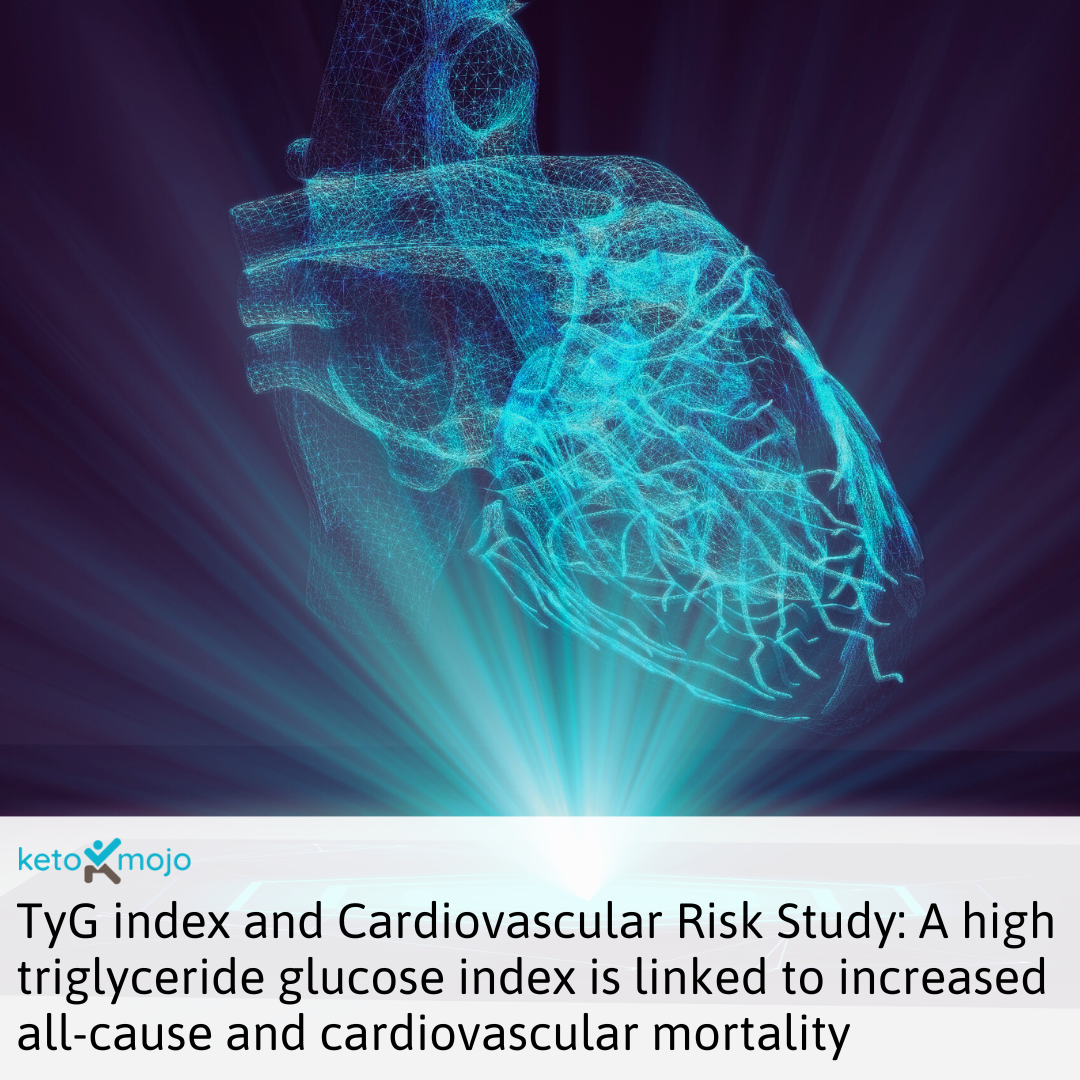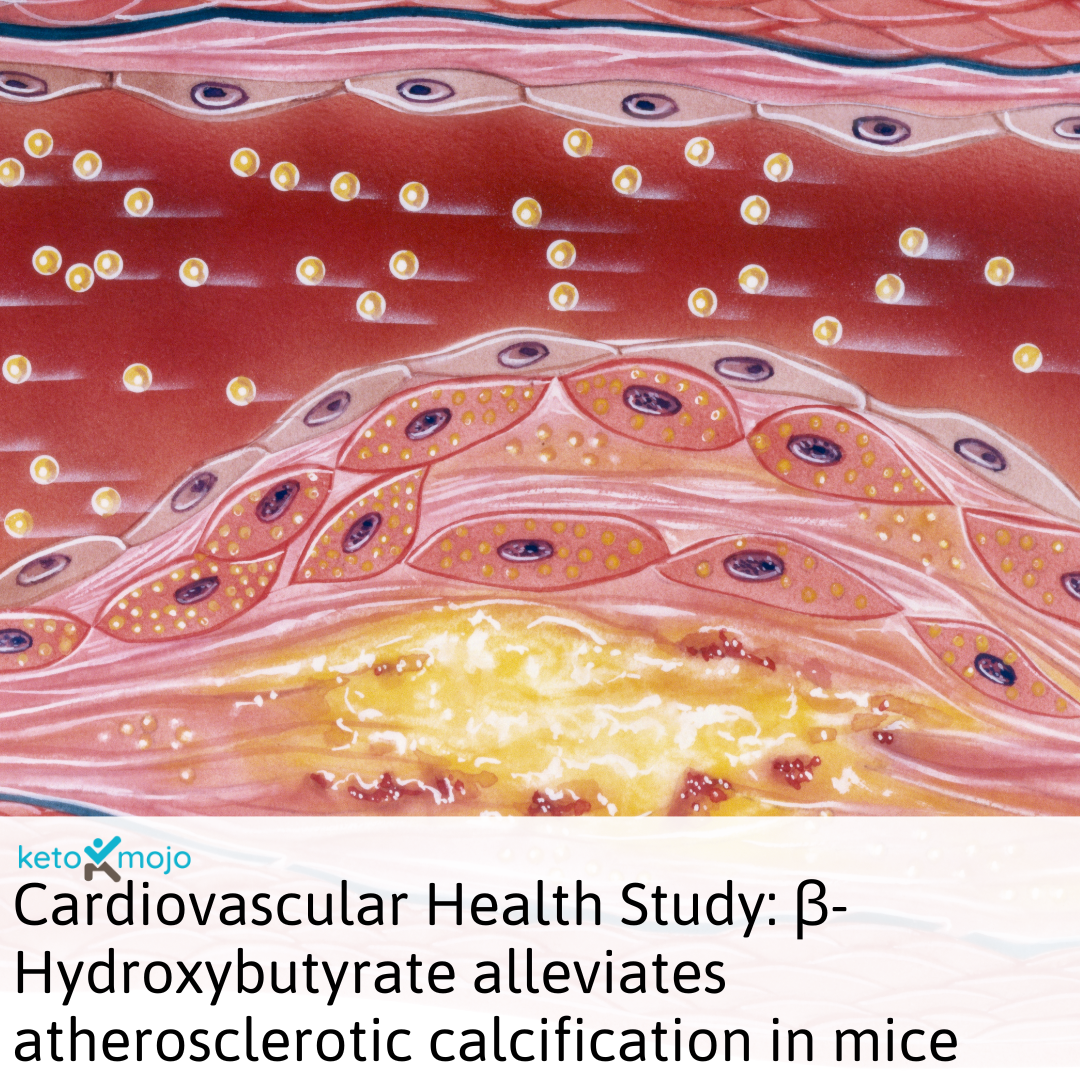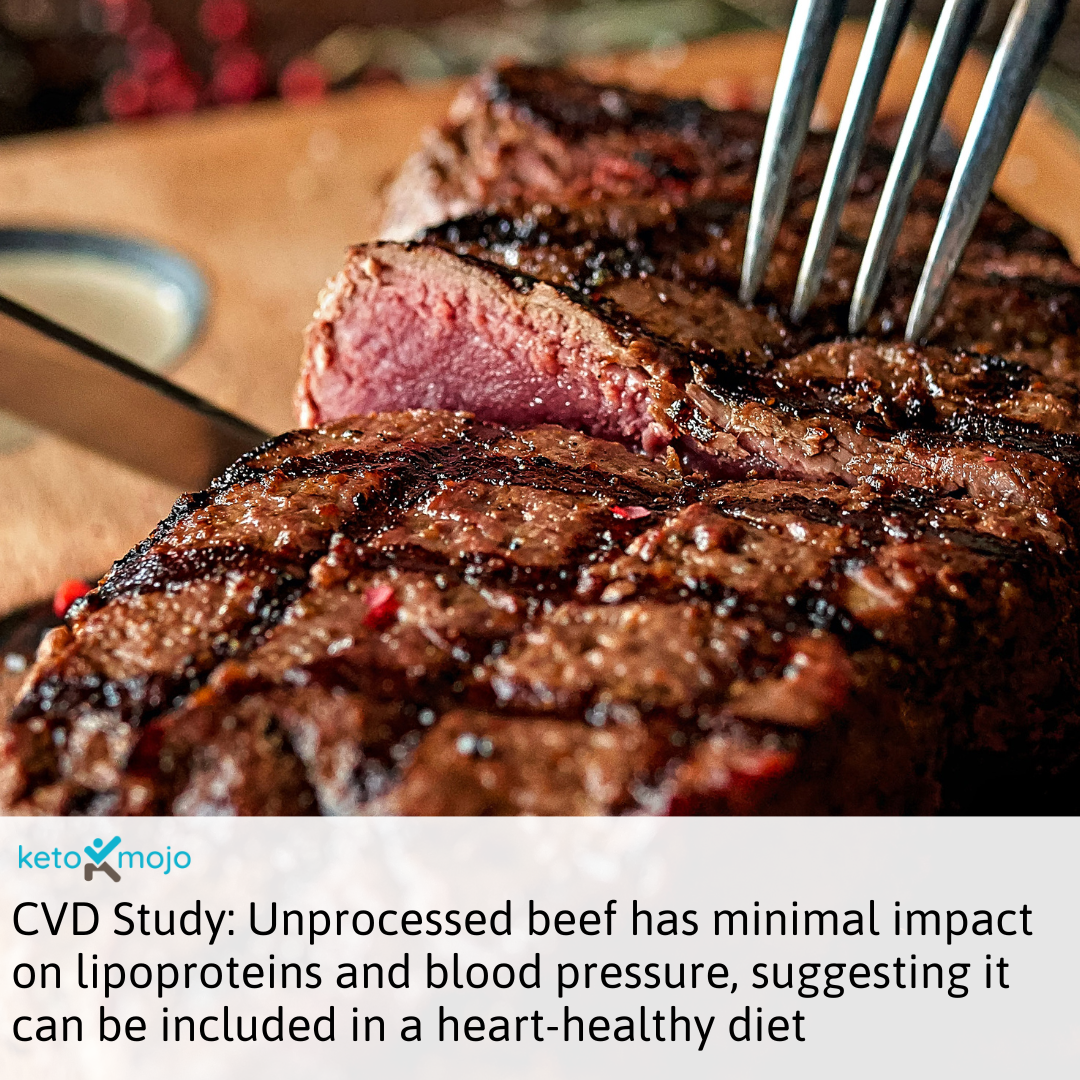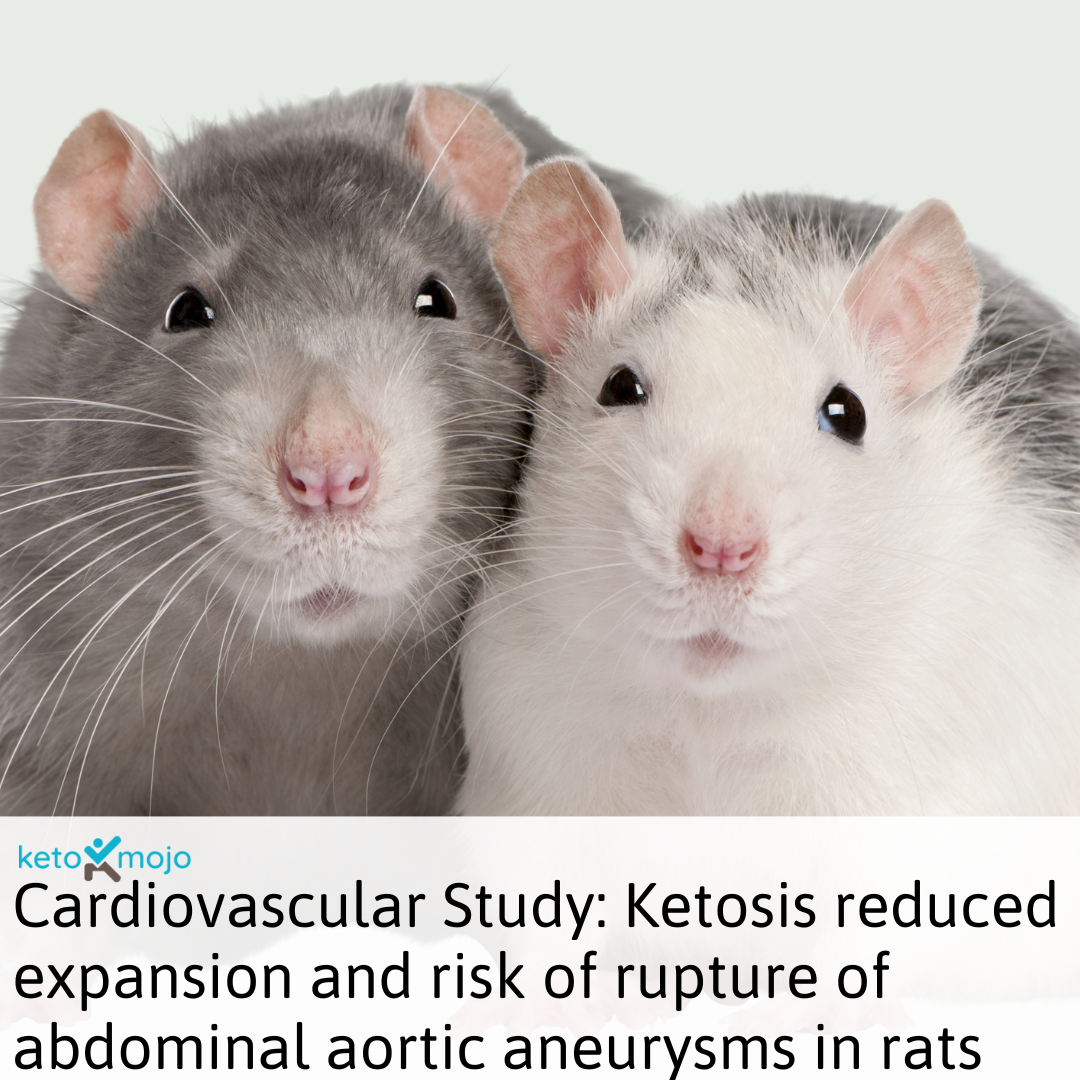Cardiovascular Disease
Prognostic value of triglyceride glucose index in population at high cardiovascular disease risk

🔬 TyG Index as a Prognostic Marker in Cardiovascular Disease 🫀
A recent study investigated the relationship between the triglyceride glucose (TyG) index, a reliable measure of insulin resistance, and the prognosis of cardiovascular disease (CVD) in high-risk populations. The study involved 35,455 participants aged 35-75 years, with data collected from 2017 to 2021.
Key Findings:
- High TyG Index: Participants with a TyG index ≥ 9.83 had a significantly higher risk of all-cause and cardiovascular deaths.
- Follow-up Data: During a median follow-up of 3.4 years, 551 all-cause deaths and 180 cardiovascular deaths were recorded.
- Mechanism: The association between a high TyG index and poor prognosis may be due to inflammatory and oxidative stress responses stimulated by insulin resistance, leading to atherosclerosis, coronary heart diseases, vascular endothelial injury, and thrombosis.
Conclusion: The TyG index is a crucial marker for the primary prevention of cardiovascular disease, highlighting its importance in identifying high-risk individuals and mitigating adverse cardiovascular outcomes.







